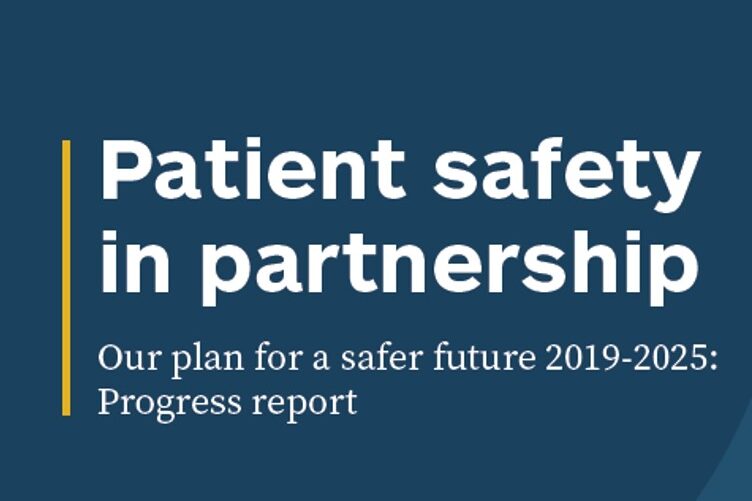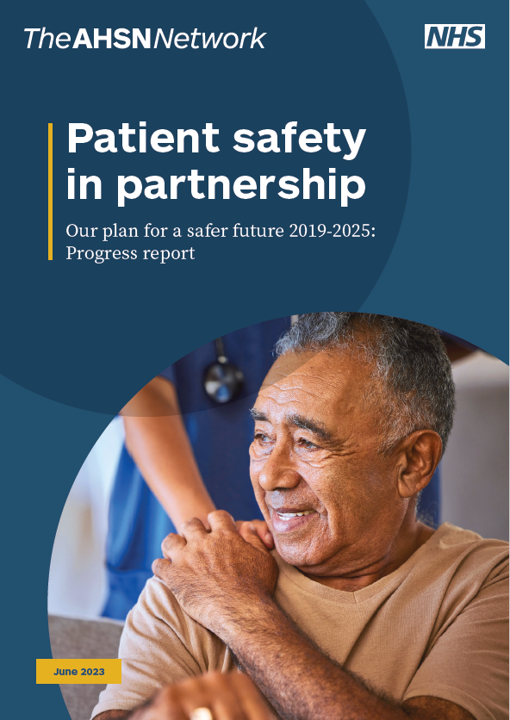The AHSN Network has released an update to its patient safety plan, which reflects progress made across focus areas including managing deterioration in care homes; maternity and neonatal health; medicines safety; mental health; and system safety.
The report, “Patient safety in partnership. Our plan for a safer future 2019-2025: Progress report,” highlights the programmes and initiatives that have been implemented by Patient Safety Collaboratives (PSCs), hosted by the 15 AHSNs across England. The report also includes tangible impact measurements, which are helping to focus on where the need is and demonstrate improvements over time.
One of the key insights in the report is that work to manage deterioration in care homes has prevented up to 57,000 emergency admissions. Additionally, up to 465 babies’ lives have been saved through work to improve the care of premature infants.
Patient safety is a cross-cutting theme of the AHSN Network strategy. Acting as a guiding principle for all 15 AHSNs, the dedicated patient safety plan sets out how AHSNs and Patient Safety Collaboratives (PSCs) contributed to delivering the National Patient Safety Improvement Programmes and the AHSN focus on accelerating innovation.
Natasha Swinscoe, AHSN Network chief officer for patient safety said: “The AHSN Network remains committed to supporting the NHS Patient Safety Strategy. We work closely with our commissioners, system partners and front-line teams to support the delivery of improvement programmes, developing pipeline programmes and innovations and providing insight and real-world evaluation, in order to develop the future safety improvements we need.”
Read the full report “Patient safety in partnership. Our plan for a safer future 2019-2015: Progress report”.
Hear more about the Patient Safety Plan in our Health Innovation Podcast recorded at NHS ConfedExpo 2023. Four leaders – Tasha Swinscoe, Alison White, Katie Whittle and Jodie Mazar – reflect on progress in managing deterioration in care homes; maternity and neonatal health; medicines safety; mental health; and system safety.

There is a wealth of HealthTech innovators poised to help solve some of the NHS’ greatest challenges, yet getting a product or new technology adopted at scale in the NHS is far from straightforward. In a recent ABHI member’s survey*, procurement was cited as one of the biggest barriers that innovators face, particularly those from [...]

Tellmi is a social enterprise innovation which aims to address the growing demand for mental health services and tackle health inequalities for young people. It is a digital peer support app available launched in 2017 by psychologist Suzi Godson PhD and engineer Kerstyn Comley PhD. Kersytn explains how Tellmi works. Tell us about the innovation. [...]

The NHS is facing record demand for services. According to The Health Foundation, the NHS waiting list for elective treatment in England has almost tripled in size over the last decade to 7.7 million. And latest figures show there were a record 2.35 million attendances at A&E across England in March this year. We know [...]








